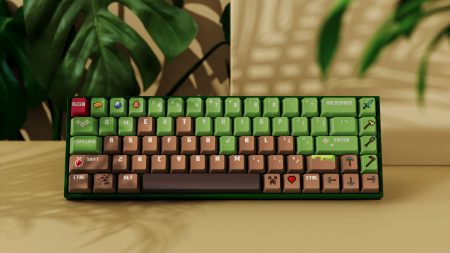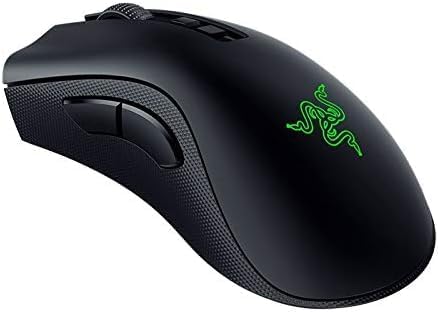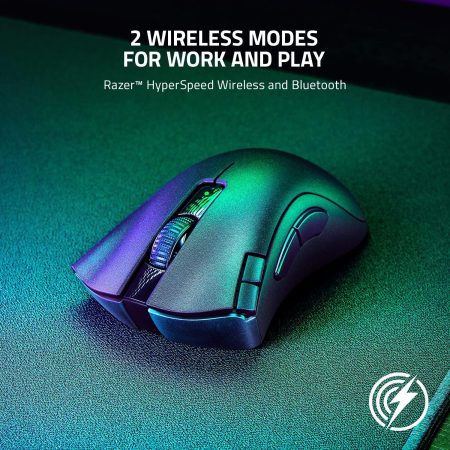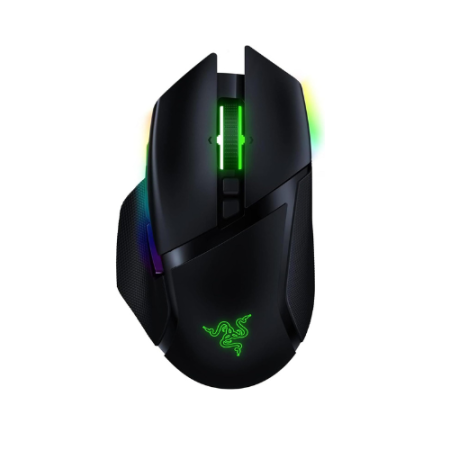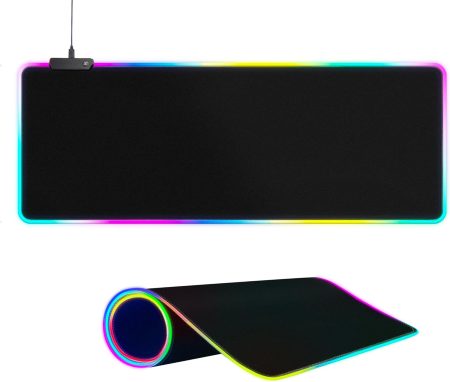Ever asked the question, how long does CPU last? “It’s been six years. Should I replace my CPU?” If that is the question you are curious about, we got your back!
An old, outdated CPU can make your computer slower and less stable, especially if you are a die-hard gamer. And with the ever-changing tech world, knowing how long you can keep using them is hard.
Use this guide to determine how long a CPU current lasts under normal use. With this information, you’ll have a better idea if it is time for an upgrade or if your computer is still in good working condition.
For How Many Years Should a CPU Last?
CPUs are rarely at fault for a computer crash from regular use. Most manufacturers provide a 7 to 10-year warranty on the CPU.
This means that the CPU usually fails long before it becomes obsolete. If a problem does occur, it is most likely due to an incompatibility with other parts of the system (memory, hard disk drive, or video card). They often require the replacement of multiple components before the CPU will even start up at all.
If your CPU is running for more than 10 years, the heat sink will cease to work. The dirt in working conditions can make it impossible to cool down. So, the CPU will be unable to operate normally, resulting in a computer crash.
Can a CPU Become Worn?
The CPU is a processor that doesn’t wear out over time. It either has a failure or doesn’t. Once you have a failure, you’ll need to replace it.
This means that after months of use, there’s no cause for worry—your CPU will still be in excellent condition once your warranty ends.
When you buy a CPU, it will function at the same processing speed for as long as you want. While your CPU may fail in the first year of use, this is rare. A CPU that cools efficiently will not slow down or face critical damage many years after its purchase.
The invention of new software can have a significant impact on the performance of your CPU. Modern CPUs are designed to handle heavy processing, but the software requirements may increase over time.
If this is the case, changing your CPU or upgrading your computer may be necessary to keep up with newer software. Regular cleaning ensures your computer’s motherboard and all other components are free from dust.
What Factors Lead to a CPU Failure?

The life of a CPU is highly dependent on several factors. Whether you are concerned about your computer’s overall performance or permanent damage occurring to the processor, understanding this will enable you to take steps to improve its longevity.
The main reason CPUs die is when there are other components in the computer that are either very old or have a short lifespan. They can be overused and maybe not used efficiently, which may lead to their failure before a CPU’s death.
Although a CPU may last years, certain things can cause it to die.
How Long Does CPU Last? – Heat
Heat is one of the most common causes of CPU failure. The heat generated by a CPU can be transferred to the cooling system and dissipated safely.
But if the heat is not properly regulated or your cooling system is not functioning properly, it can build up to dangerous levels. This can lead to thermal throttling and even damage your CPU permanently.
When this happens, your CPU will enter an active state where it slows down to regulate its temperature and avoid damage. This results in decreased performance and may cause problems such as crashing programs or blue screens.
Ensuring the CPU’s temperature remains within safe operating limits and ensuring it has adequate cooling will help prevent overheating and permanent damage.
How Long Does CPU Last? – CPU Fan
A failing CPU fan can mean bad news for your computer’s health. If the CPU fan is slow, it won’t be able to keep up with the CPU’s temperature needs, which leads to overheating, hardware damage, and shorter computer life spans.
It’s best to replace a computer’s CPU fan before it becomes irreparable and starts causing problems.
How Long Does CPU Last? – Power Supply and Motherboard
The power supply provides the correct voltage and current to the CPU, and if it is not functioning properly, it could lead to overheating or even an electrical fire.
This way it cannot provide enough electricity for the CPU to run properly, which can cause the CPU to fail.
Another cause of failure could be a problem with the motherboard. The motherboard handles communication between different parts of your computer (like your graphics card or hard drive).
If there is an issue with this component, it can prevent communication between all these parts and cause them to malfunction. This can lead to your CPU failing and other parts of your computer.
How Long Does CPU Last? – Thermal Paste
The thermal paste, also known as thermal grease, is the compound that helps conduct heat from the chip to the heatsink. Without this layer, your computer would be unable to cool itself properly and would probably shut down due to overheating.
Due to its lack of activity, thermal paste sometimes dries out from exposure to air or you can forget to clean it off. That said, replacing thermal paste would help maintain optimal CPU performance.
It can kill you if you don’t replace the thermal paste on your CPU. Also, modern CPUs have a thermal cut-off that prevents overheating by shutting down. However, it may also throttle its performance if it reaches that heat point again. If you want your CPU to live longer, change the thermal paste once every two to four years.
How Long Does CPU Last? – Overclocking
Overclocking is a technique that lets you increase the speed of your computer. This can be especially useful if you want to play games faster or use the multi-core technology in many modern CPUs.
It will increase your computer’s power consumption and heat generation, which can lead your CPU to die.
When Should You Buy a New CPU?
Keeping your computer up to date is important. But exactly when you should replace the CPU can be a bit tricky.
Here’s a look at the signs that it’s time for an upgrade:

Physical Damages
After the CPU has been exposed to excessive heat, you can identify a burnt CPU by its external appearance. The processor could be damaged beyond repair when exposed to heat for a long time.
A damaged processor will result in poor performance and instability of your computer system. It is recommended that you acquire a new one.
Frequent Shutdowns
A clogged CPU fan will cause your PC to overheat, resulting in burnt-out components. That’s why the motherboard takes action and reactivates the PC to give you an opportunity to clean the cooling system.
Booting Issues
A failing CPU cannot complete the POST-test and will skip booting up. This may include a blank screen and hearing the fans running, and you probably won’t hear any beep codes.
If you’re trying to boot it again and it fails the POST, or if nothing seems to work when you press buttons on the keyboard or click the mouse, you’ll need a new processor.
Freezing
If your computer freezes and becomes completely unresponsive, and you must restart it to get it back running, it’s time for a new CPU.
Blue Screen of Death
If your computer displays a Blue Screen of Death, that’s a sign that it’s experiencing severe damage. This error screen occurs when the underlying hardware (Motherboard, RAM, or CPU) cannot continue to run due to a critical fault or an unrecoverable error.
Wrap Up!
Most CPUs are built with materials that provide a long lifespan of up to 10 years. By keeping the CPU in top condition, regular monitoring and checking system temperatures and proper cooling will provide many years of use without fail. For final due diligence, check out the popular forum Quroa here.



